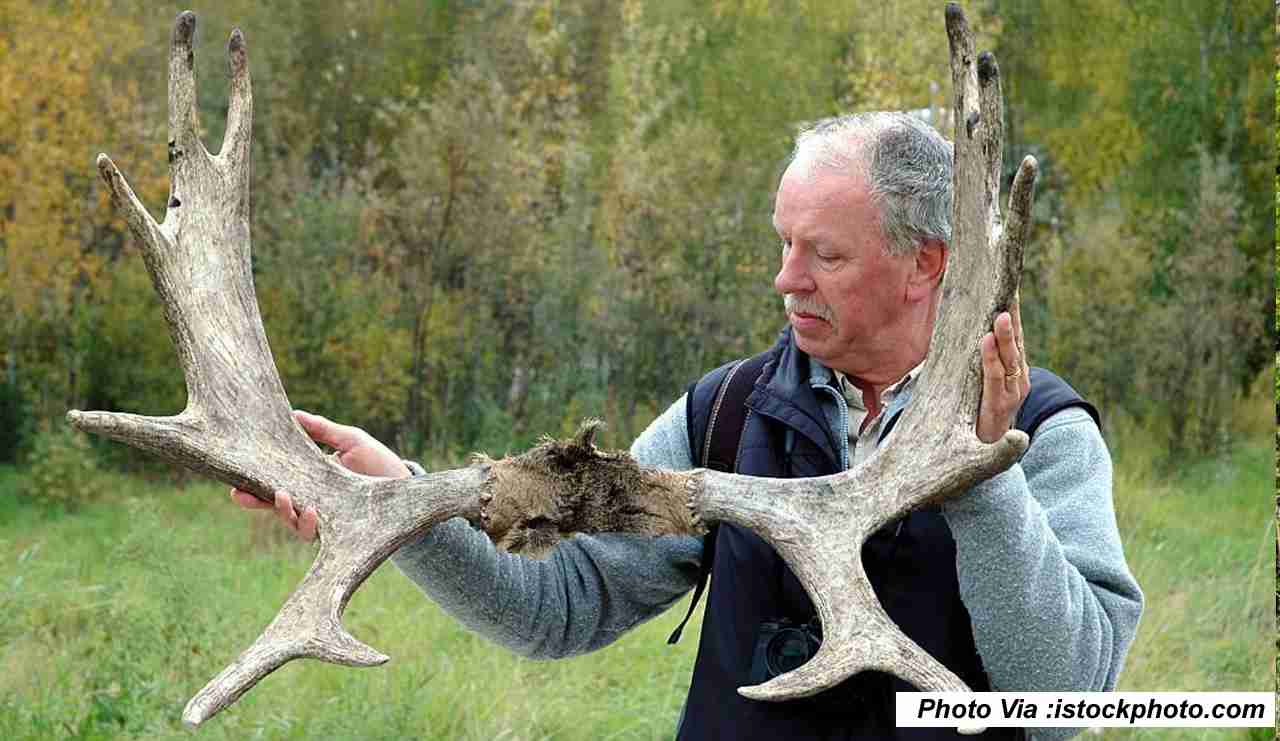
Plan to Close 60 Million Acres of Public Land to ‘Non-Local’ Caribou and Moose Hunting Stalls. But More Requests to Restrict Hunting in Alaska Are on the Way
The ongoing push to restrict “non-local” hunters from hunting on federal public lands in Alaska continued last week with a small victory in the fight against these restrictions.
Last week, the Federal Subsistence Board in Alaska held a meeting to discuss the closure of approximately 60 million acres of federal public lands to non-local hunters pursuing moose and caribou this fall. The meeting followed a public comment tele-meeting where hours of input opposing the proposed special action were presented. Ultimately, the FSB decided to defer making a decision until next year to gather more information from the agencies responsible for managing caribou and moose herds and the user groups that depend on them. The board plans to schedule a meeting, called proposal WSA21-01, before the 2022 fall hunting season and will notify the public in advance.
It’s important to note that being a local hunter in this case meant being a “federally qualified subsistence user.” This means that even though I live in Fairbanks, Alaska, I wouldn’t have been allowed to hunt in the areas affected by WSA21-10. Hunters from outside Alaska, specifically the lower 48 states, would also be excluded.
While the failure of this proposal is a short-term victory for hunters, as there was insufficient evidence to justify the closure of hunting on public lands, some see the deferral as an attempt to find a way to push the measure through at a later date. The Alaska Department of Fish and Game, the state agency responsible for managing wildlife and hunting, strongly opposed this federal proposal to restrict non-locals from hunting on public land.
“While I am pleased that Alaskans and everyone else will be able to go hunting as they’ve planned this fall, deferring it just means we know for sure we’ll be dealing with this next year,” said the Alaska Department of Fish and Game Deputy Commission in a statement. “Please know we at ADF&G are in the fight to protect the rights of everyone to hunt in Alaska and do our best to keep the FSB from acting outside their authority. The Commissioner has been very adamant about these efforts.”
Nevertheless, WSA21-01 is not going away, and we will continue to keep you updated on this issue in the coming year.
The proposals focus on areas in Unit 4 of Southeast Alaska, including Admiralty Island, Chichagof Controlled Use Area, and the Lisianski Inlet. Although the proposals differ slightly, two of them aim to close federal lands to non-local blacktail deer hunters during specific hunting seasons and change bag limits. All three proposals are opposed by the Alaska Department of Fish and Game, who argue that deer numbers are healthy and hunting pressure is relatively light, as stated in their draft comments against the proposals.
The outcome of these proposals, as well as many others that are likely to follow, will depend on the level of public awareness and engagement. If left to quiet meetings without public input, these proposals will silently pass one after another, eroding our rights to access and hunt on federal public lands in Alaska. If you hunt in Alaska, hope to hunt there one day, or support the idea of allowing all hunters access to federal public land, please voice your opposition to these proposals.
The outcome of these proposals, as well as many others that are likely to follow, will depend on the level of public awareness and engagement. If left to quiet meetings without public input, these proposals will silently pass one after another, eroding our rights to access and hunt on federal public lands in Alaska. If you hunt in Alaska, hope to hunt there one day, or support the idea of allowing all hunters access to federal public land, please voice your opposition to these proposals.

A skilled hunter, dedicated conservationist, and advocate for ethical practices. Respected in the hunting community, he balances human activity with environmental preservation.
